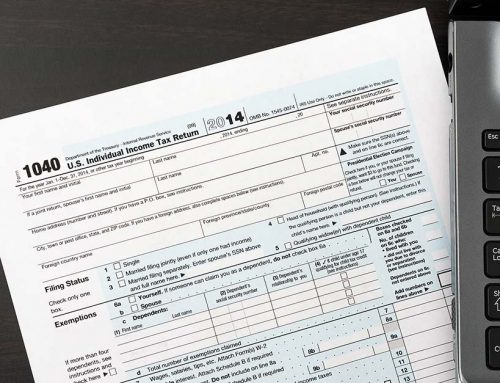Are you wondering how to make a difference in your tax return? Deferring or accelerating your deductions could make the impact that you are looking for.
Deferring Deductions into 2014
If a client expects to move into a higher tax bracket in 2014, or anticipates a substantial increase in taxable income or net investment income next year, deferring deductions into 2014 might be the right approach. Two alternatives to consider are:
- postponing year-end charitable contributions, property tax payments, and medical and dental expense payments until next year; and
- postponing the sale of any loss-generating property.
With respect to postponing the payment of medical and dental expenses, it’s important to consider that, for tax years ending before January 1, 2017, the increase in the threshold for deducting such expenses (from 7.5 percent of AGI to 10 percent of AGI) does not apply if the taxpayer or the taxpayer’s spouse has attained age 65 before the close of the tax year.
Accelerating Deductions into 2013
Where a client’s income is expected to decrease in 2014, accelerating deductions into 2013 may be prudent. Some options for accelerating deductions into the current year include:
- prepaying property taxes in December;
- prepaying a January mortgage payment in December;
- prepaying any state income taxes due, but only if the client doesn’t owe AMT since there is no state tax deduction for AMT purposes, so the deduction would be wasted;
- since medical expenses are deductible only to the extent they exceed 10 percent of AGI for 2013 for taxpayers under age 65, bunching large medical bills not covered by insurance into one year may help overcome this threshold;
- making any large charitable deductions in 2013, rather than 2014;
- gifting appreciated stock to avoid paying tax on the appreciation but obtaining a deduction for the full value of the stock;
- selling loss stocks; and
- if the client qualifies for a health savings account, setting one up and making the maximum contribution allowable.





